Signed and sealed
How often do you have your forecourt electricals inspected and tested for the dangerous, explosive and inflammable atmosphere in which they have to work without blowing anybody up?
I ask because, interestingly, a lot of retailers think it is still an annual requirement of their petrol licence. It’s not necessarily so. In 2006 the model conditions of licence were changed. Although not all licensing authorities follow the model exactly, the vast majority do and you will need to check your specific conditions to be on the safe side.
You are, however, expected to risk-assess and comply with the Electricity at Work regulations. And if your licensing authority is unhappy with the period between the tests determined by your risk assessment, it can serve an improvement notice under the Dangerous Substances and Explosive Atmospheres Regulations 2002.
On the other hand, some retailers have no say in the matter of renewed testing as it might be a requirement of the local authority as it is in Judy Neasham’s case. Her Ship Service Station trades in Low Warsall, Yarm in North Yorkshire and the North Yorkshire trading standards office (TSO) prefers the certificate to be renewed annually. (She praises her local TSO and I pass that on because a lot of traders believe that TSOs are only there to make their lives difficult.)
The problem arose when Judy ran out of certificates. "I had the forms previously from the PRA, which I photocopied," she says, "because my brother does the testing every year he’s a heavy plant electrician and I just give him the forms to fill in."
She had been unsuccessfully looking on the internet where she couldn’t find a website with suitable downloadable forms. She was fairly certain it was an official form because it said ’Certificate of Electrical Inspection and Testing’ at the top and had the letters PM (forward slash) and a bunch of numbers in the bottom corner.
Turns out that the PM stands for Phil Monger, technical director of the RMI (formerly PRA) who redesigned the form in 2003.
He explained that the PRA had changed the form to suit the sites its members operated, which was based on the industry form in use at the time.
"Before I send Judy a form I will want to check on the qualification of the electrical engineer," he says. "Testing heavy plant does not qualify anyone for inspecting and testing equipment operating in an explosive atmosphere. Anyone signing the form is making a declaration that they are competent, as required under Regulation 16 of the Electricity at Work Regulations 1989. I urge any member to contact me first on 07831 327990 before making any decision regarding their periodic inspection.The problem with producing forms electronically is that they can be copied and used by anybody."
He adds: "Retailers need to be aware of the legal responsibility which they have in ensuring that they only use competent contractors. RMI is always happy to help source a qualified contractor. This is a complex problem, firstly to ensure that your electrical contractor is competent and that they understand what is required on sites which were constructed before the latest standards were developed.
"People can easily be talked into expensive, unnecessary upgrading work in the mistaken belief that the law requires it.
"Frequently, members tell us that the contractor told them the law had changed and of course, retailers may assume that to be correct.
"Only last year RMI saved a member £2,500-worth of totally unnecessary upgrading work."
Phil says that a site will normally be signed off as satisfactory with recommendations. Anything signed off as unsatisfactory would need to be attended to in a prescribed time frame.
Damage limitation
Lovely to be on a main road with lots of passing traffic. Trouble is, all that traffic regularly wears out the road and the council is responsible for making good which means road closures. It’s happening to Mike Andrews more or less as you read this. He runs Maiden Newton Service Station in Dorset on the A356, the main route from Dorchester to Crewkerne.
He is now facing five weeks of road closure while parts of the road through the village get kerbs and parts get resurfaced. The closures will be from 8.30am to 5pm which, of course, will interfere with both his peak trading times.
The same thing happened seven years ago but Mike wondered whether any of the rules had changed, particularly regarding the provision of compensation. Sadly no. If the water or gas boards are behind the roadworks, there is a certain amount of compensation, but not for road repairs.
The best Mike can hope for is a reduction in his business rates. I also suggested he pushes to have signs put up making it clear what times the road is closed. He says the council did this the last time it made repairs. At least this way customers can make sure they get their petrol before 8.30am and after 5pm. It’s also always advisable to promote your return to normality too hang out the flags and see if your supplier-partners won’t kick in with some helpful specials.
Even better, Mike could try and elicit some interest from the local press. If he can’t get their attention, he could consider advertising.
It may seem unaffordable but ’advertorials’ in the local papers are cheap. So, relatively speaking, are radio ads.
Anybody else been there? There’s nothing like the horse’s mouth for good tips.





















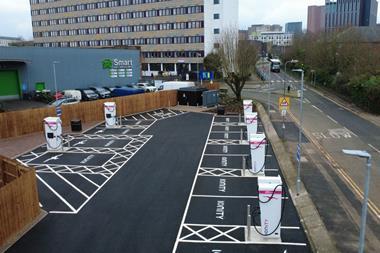





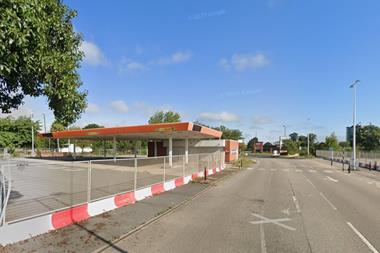
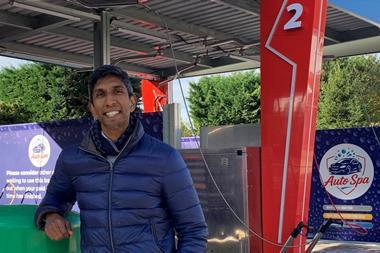

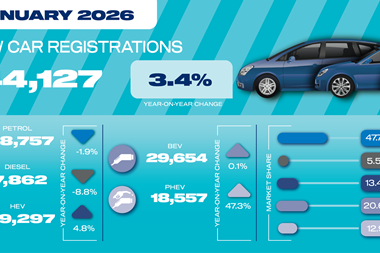
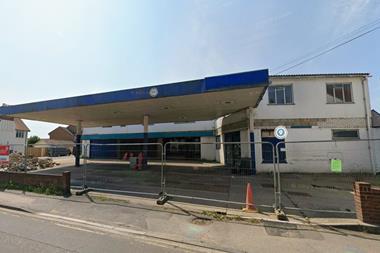
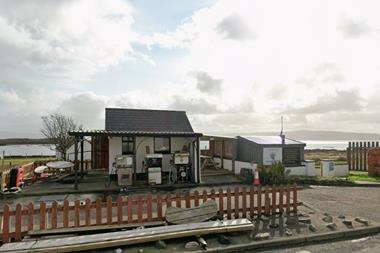
No comments yet